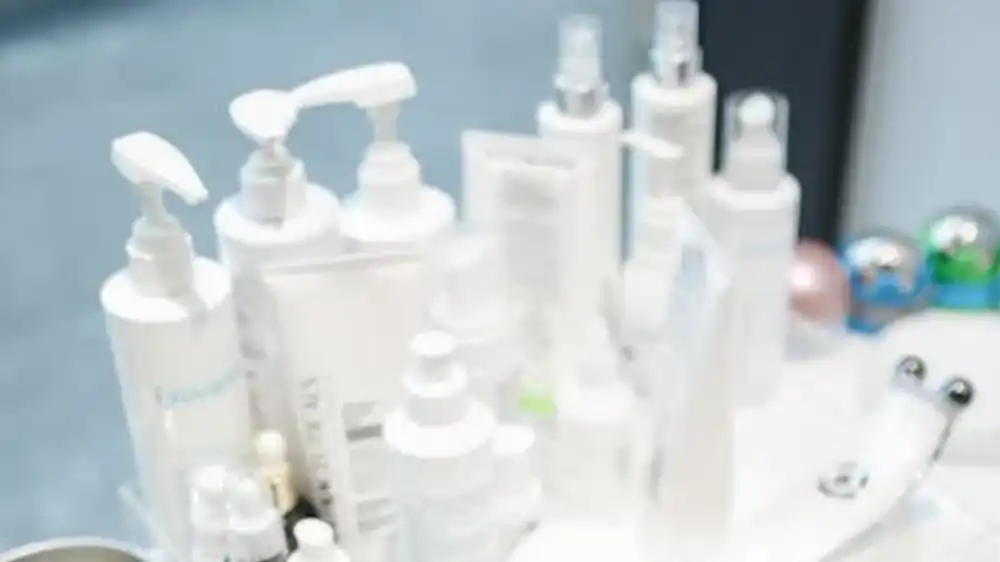
Summer is here and sun rays are bringing the heat. With all this sun, are you adequately protecting your skin?
Skin is the largest organ in the human body, making up 15 percent of our body mass. It protects you from environmental stressors, but you need to reciprocate and take care of your skin. The American Cancer Society is projecting 100,640 new melanoma cases this year. Of that, 8,290 people diagnosed are expected to die from melanoma, the most dangerous form of skin cancer.

Additionally, the use of oatmeal and honey was on the rise because it softens texture and can spot treat blemishes. In 1936, the first sunscreen was created, Ambre Solaire, which used benzyl salicylate, a UV-ray absorber. Having a skincare routine, keeping your skin moisturized and wearing SPF will help protect your skin year-round.
A good cleanser, an antioxidant and mineral SPF will go a long way. An effective cleansing routine comprises half the battle in skin care. Yes, this includes men as well. You must begin with clean skin so that your products will absorb into your skin and not just sit on the surface.

You can’t underestimate the importance of wearing protective sunscreen year-round, especially during the summer months when our skin is exposed to more of the sun’s rays, the sun is up longer and we’re outside more. If you speak with any skincare specialist, they will recommend applying sunscreen and reapplying it throughout the day. Additionally, if you are using the same sunscreen bottle for the entire summer, then you are not applying it enough.
It doesn’t matter if you have pale skin or darker skin, everyone needs to wear sunscreen. “I recommend everyone should visit a dermatologist every year to have a skin evaluation,” advised Dr. Valerie Scott of Mount Pleasant Family Practice.
When looking for sunscreen, you want to find a product that is labeled broad spectrum. UVA rays are associated with wrinkles and melanoma and UVB with other skin cancers. So having a broad-spectrum sunscreen will cover both. “If you have more of a light skin to pale skin you need a SPF (sun protection factor) of 50 or greater. Darker skin can use a SPF of 30,” Scott said.
The reason why we use all this sun protection is to protect us from skin cancers. Basal cell and squamous cell carcinoma are the more common types of skin cancers doctors see. Basal cell carcinoma is the most common form and is localized, meaning it doesn’t spread or metastasize and is easier to remove.
Squamous cell carcinoma rarely metastasizes. These cancers can get into your lymphatics and lymph nodes and cause serious problems. Then there is melanoma, a type of skin cancer that begins in the melanocytes of the skin. With melanoma early detection is key. If you find it early and it hasn’t penetrated your skin, it requires an operation, and they remove a fair amount of tissue. If you wait too long, it can spread to other parts of your body and can kill you. “Melanoma is something we all need to worry about, and it doesn’t matter your color of skin,” cautioned Scott.
So, which sunscreen works the best, mineral or chemical? Mineral sunscreens, known as physical sunscreens, physically block the sun from penetrating your skin. Chemical filters are present in many formulations, but they force your skin to absorb those chemicals to reflect the sun’s rays and create heat in the skin. “Reapplication is also essential. You should reapply every two hours, especially if you are very active in sports or in direct sun exposure,” said Katz.
If you have any questions about skincare or if you notice any blemishes or abnormal spots on your skin, please reach out to a specialist for proper care.
By Maurice J. Frazier

Leave a Reply